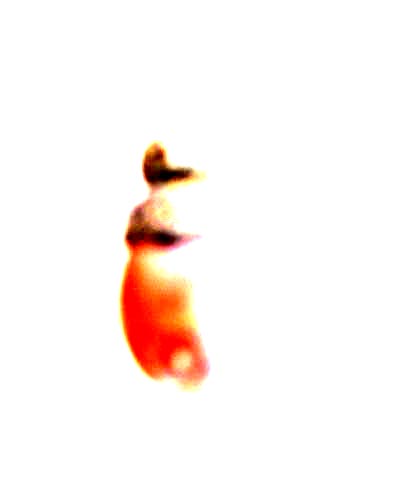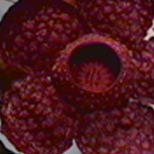phase shift


Masako, my mother-in-law, was a truly amazing woman. Born in Tokyo, in the incredibly long-ago sounding year of 1914, Masako grew up in Hilo, Hawaii, which was then, as it is now, a sleepy, rainy, tropical island outpost, perched precariously on the edge of a vast super-volcano that rises up from the middle of the Pacific. Hilo has always existed in a curious kind of Venn Diagram intersection set linking the cultures of Polynesia, America and Asia in a languid oceanic melange. As a result, Masako’s speech was at times inflected with charming Hawaiian idioms. She often referred to me, (endearingly), as her ‘haole’ son-in-law, even when she was staying with us in Canada.
Driven by her prodigious intelligence and great love of books, Masako become a professor at Yale – that great bastion of East Coast intellectual propriety – and married the well-known linguistic anthropologist, Floyd Lounsbury.
For the past year, Masako had been gravely ill with the late stages of Alzheimer’s and suffering as well from a relentlessly metastasizing cancer of the jaw. During the past few weeks, the trajectories of the two diseases had converged, and Masako had become noticeably weakened, and it was clear that she was now about to die. Ruth and I had been sitting by her bedside in a Victoria nursing home for several days watching her slip further and further away from consciousness.
To help pass the time, I had started reading Steven Strogatz’s book Sync. On Monday night, Masako’s breathing become markedly more laboured just after I finished reading a section on Bose-Einstein condensates. I had been intrigued by the book’s description of how complex systems can suddenly go through a phase shift and completely change their characteristics when passing certain thresholds.
Suddenly, at 7:25 p.m., Masako’s eyes opened slightly, and the colour started rapidly draining from her cheeks. A few minutes later, as we stood by her on either side of the bed, she took her last breath. Masako’s phase shift from life into death had happened.
After meditating for a while we washed and dressed her tiny frail corpse to prepare her for cremation. The same light body that I had carried so many times when Masako was alive, helping her across muddy ditches or into the cab of the pickup truck, was now limp and remarkably heavy. It was transmogrifying at a rate that was now rapid and alarming.
This living, breathing, highly intellectual human being, who had lived on this earth for over 90 years, was in a matter of minutes changing into a lifeless, entropic mass of cooling, biodegradable tissue.
It seemed unbelievable that she had left us but of course it had been inevitable. Even in her passing, Masako had shown us her characteristic generosity and wisdom. By choosing to die in our presence, (which it seemed somehow clear that she did), Masako taught us a priceless lesson on life’s utter fragility. Despite our preoccupation with quotidian cares, our existence flutters like a downy little feather that has settled, soundlessly, onto a sunlit forest path. The gentle and constant breeze of death pulls at us, sometimes briskly and sometimes softly, until one day the little fluff releases its grip and is suddenly blown off to rest forever, in the cool and comforting shade beneath great and ancient trees.




my sincerest condolences to you and to ms. ozeki.